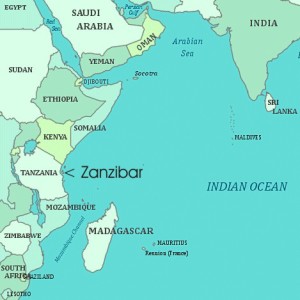History of Ibadi Societies
The Ibadiyya is one of the main branches of Islam. The main difference between the Ibadis and the rest of the Muslim community is primarily rooted in political theory. The Ibadis are relatively few in number in comparison to the Sunnis and the Shi’is, and for many centuries they have lived largely in isolated areas, principally Oman and Zanzibar, Tripolitania in Libya, the island of Jerba in Tunisia, and the Mzab area of Algeria. However, since the accession of Qaboos Ibn Said to the sultanate of Oman in 1970, there has been a sustained program for the publication of major


